The rank structure of Navy SEALs and SEAL teams is similar to that of other military units worldwide. Like other US military branches, the US Navy uses a standardized rank system for its SEALs. This means that the ranks used in the SEALs are the same as those used throughout the Navy.
Navy SEAL ranks
The ranks in the Navy SEALs are the same as those in other units of the US Navy, but they may have different titles. The rank structure in the Navy is divided into three categories: Enlisted (E-1 to E-9), Warrant Officer (CWO-1 to CWO-5), and Commissioned Officer (CO-1 to CO-5), as well as Admiral ranks (CO-6 to CO-10; FADM). These ranks indicate an individual’s responsibility, experience, and leadership level.

Most Navy SEALs, numbering around 2,000, are enlisted personnel holding ranks from E-4 to E-9 (Petty Officer 3rd Class to Master Chief Petty Officer). Approximately 500 SEAL officers lead these SEALs with ranks ranging from O-1 to O-10 (Ensign to Admiral Chief of Naval Operations). There are also a small number of SEAL Warrant Officers, estimated at around 30, who rank above the most senior enlisted personnel but below Commissioned Officers. These Warrant Officers play a vital role in the leadership and management of SEAL units.
A Warrant Officer is a highly specialized expert and trainer in his or her career field. A Warrant Officer is a highly specialized expert and trainer in his or her career field. Commissioned Officers are the managers, problem solvers, key influencers and planners who lead Enlisted Soldiers in all situations.
Difference between services
The rank system in the Navy SEALs follows the same pay grade structure as other military branches. The ranks of commissioned officers in the US Navy have two sets of insignia: on dress uniforms, stripes similar to those used in the Commonwealth navies are worn; on service khaki, working uniforms (such as the Navy Working Uniform [NWU] and coveralls), and special uniform situations (such as combat utilities, flight suits, and US Marine Corps uniforms when worn by Navy officers assigned or attached to USMC units), the rank insignia are identical to those used by the US Marine Corps.
Like all military organizations, the Navy SEALs have a hierarchical command structure with different ranks to reflect the responsibilities and roles within the unit. It is important to note that the ranks in the SEALs are not unique; they are part of the broader rank system used by the Navy. Other special operations units, such as Army Special Forces, US Army Rangers, Delta Force, and Marine Corps Forces Special Operations Command (MARSOC), also have rank systems that reflect their organization’s specific needs and structure.
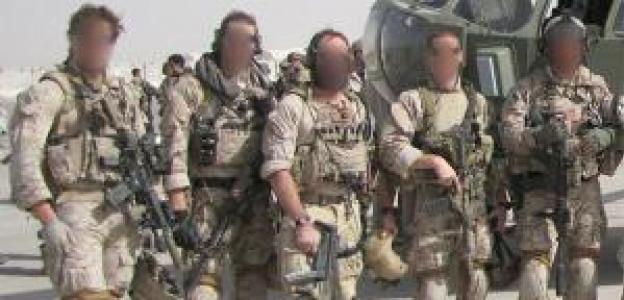
Enlisted
| E-4 |  | Petty Officer Third Class | PO3 | Noncommissioned Officer |
| E-5 |  | Petty Officer Second Class | PO2 | Noncommissioned Officer |
| E-6 |  | Petty Officer First Class | PO1 | Noncommissioned Officer |
| E-7 |  | Chief Petty Officer | CPO | Senior Noncommissioned Officer |
| E-8 |  | Senior Chief Petty Officer | SCPO | Senior Noncommissioned Officer |
| E-9 |  | Master Chief Petty Officer | MCPO | Senior Noncommissioned Officer |
Commissioned Warrant Officers
| W-2 | Chief warrant officer two | CWO-2 | ||
| W-3 | Chief warrant officer three | CWO-3 | ||
| W-4 | Chief warrant officer four | CWO-4 | ||
| W-5 | Chief warrant officer five | CWO-5 |
Officers
| O-1 |  | Ensign | ENS | Junior Officer |
| O-2 |  | Lieutenant Junior Grade | LTJG | Junior Officer |
| O-3 |  | Lieutenant | LT | Junior Officer |
| O-4 |  | Lieutenant Commander | LCDR | Junior Officer |
| O-5 |  | Commander | CDR | Senior Officer |
| O-6 |  | Captain | CAPT | Senior Officer |
| O-7 |  | Rear Admiral Lower Half | RDML | Flag Officer |
| O-8 |  | Rear Admiral | RADM | Flag Officer |
| O-9 |  | Vice Admiral | VADM | Flag Officer |
| O-10 |  | Admiral | ADM | Flag Officer |
Suppose officers in the Navy SEALs consistently demonstrate superior performance and show the ability to take on additional responsibilities. In that case, they may be eligible for a promotion to a higher pay grade. This process involves an increase in rank and is officially referred to as a promotion.
The letter and number associated with each rank in the Navy SEALs indicate the individual’s specific title and pay grade. It is important to note that the rank of a SEAL signifies their job duties and leadership responsibilities within the organization. At the same time, the pay grade reflects their level of experience and expertise. SEALs can advance their careers by pursuing continued education and taking on command and specialty roles within the unit.
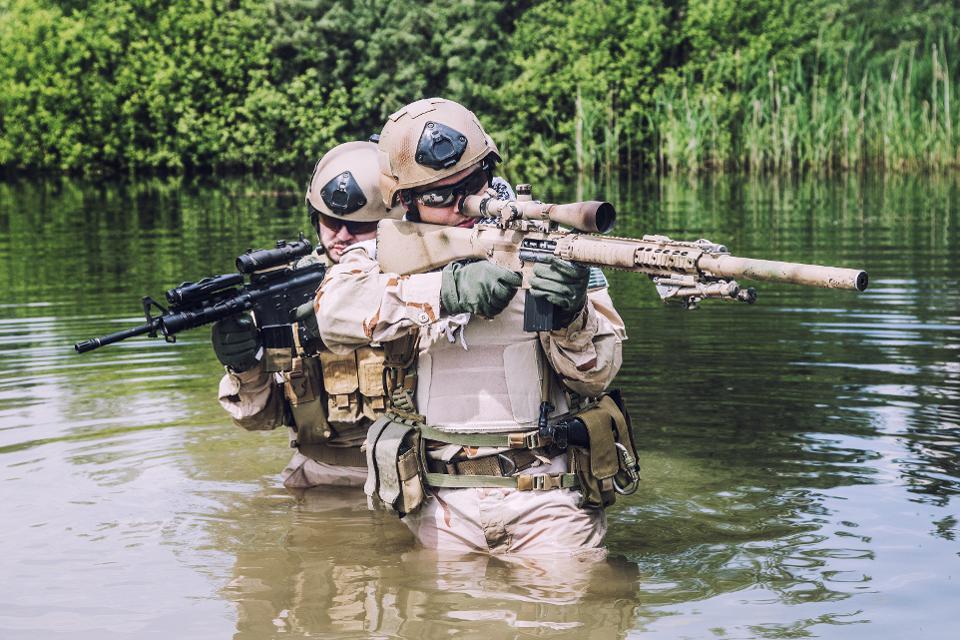


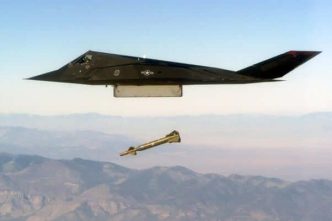
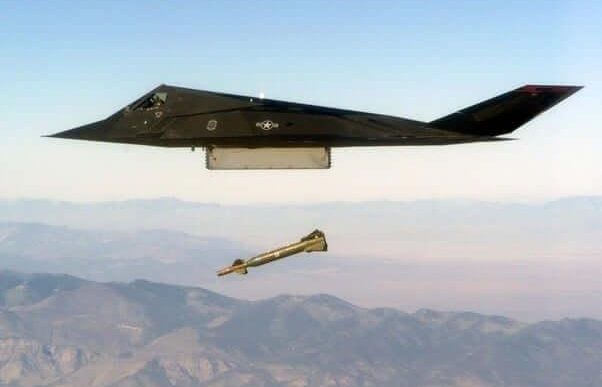
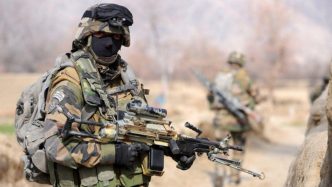
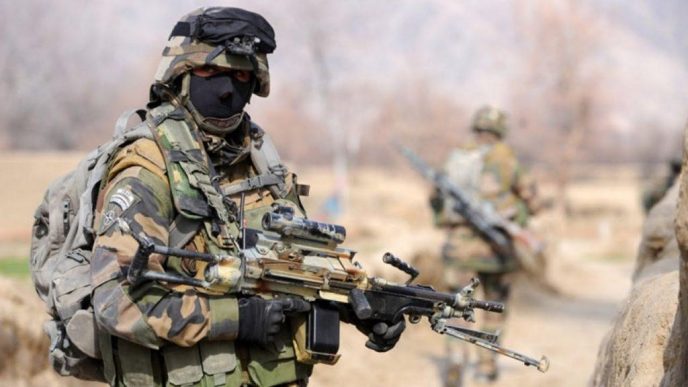
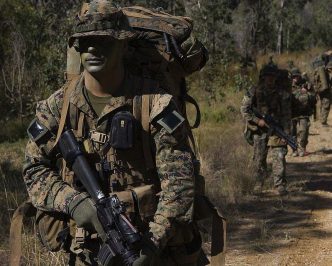
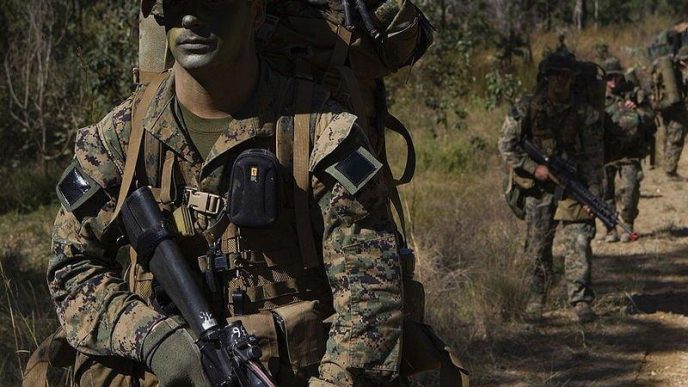
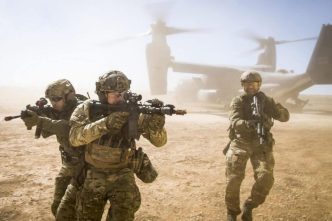
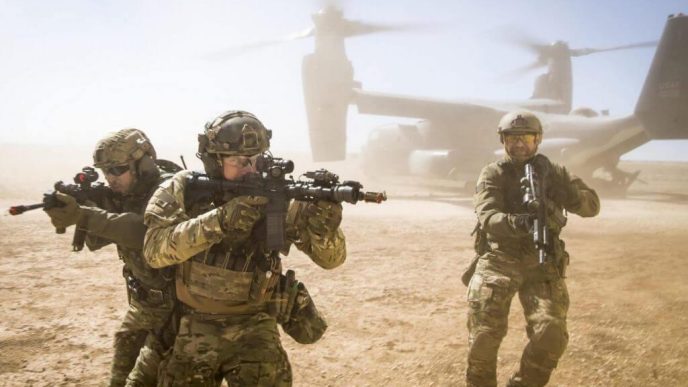
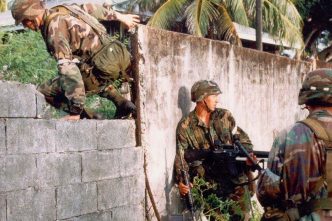
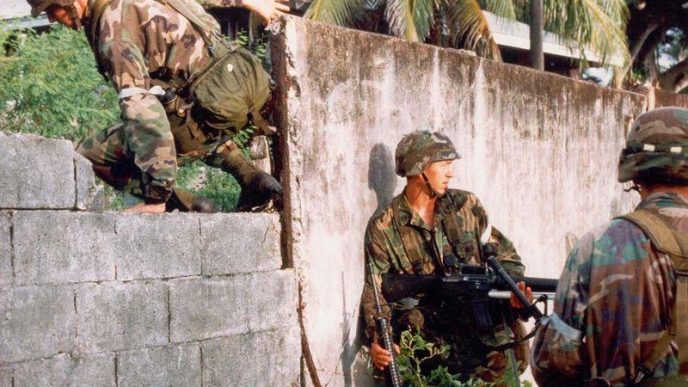
I found it interesting when you said the differences between navy ranks are the pay grade. I think that it’s important to identify an officer’s rank by their uniforms or insignias. Otherwise, it’ll be difficult to determine who’s in charge of them. I think you did a great job explaining how essential it is to have a command structure identified by uniforms.
i used to be a seal..
The reason an officer wears the same uniform and doesn’t display his or her rank on their uniforms in the field, is to keep an enemy sniper from singling them out to shoot! 1st order of business is to take out the command and control elements!
How does a SEAL team member make rank? If he goes into the Navy as say a MM, QM or othr rate, does he stay this rate while a SEAL? Does he have to take the Navy wide exam to advance to a higher rank? Or is he promoted based on his SEAL duties only? Thanks
Proofread, please. Navy admiral ranks are O7-O10. O6 is a Navy Captain. US Navy SEALS have the exact same ranks (pay rates) as all other sailors. They do receive specialty pay allowances, but so do many other specialty ratings (jobs).